
Tista Taqra din il-Kjarifika bil-Malti
We are issuing a further clarification to streamline the scope of the initiative, which aims to designate the Maltese honey bee as Malta’s national insect. We are mindful that certain elements are maliciously spreading false information with the intent of instilling fear among beekeepers and the apicultural sector, in an effort to undermine and thwart this initiative.
First and foremost, it is crucial to clarify that the legislation pertaining to the designation of national species is already in effect for some other species and does not necessitate any new legal framework [S.L.549.120: Species Protection (Designation of National Species) Regulations]. Currently, five species have been accorded this distinctive status, affording us the advantage of observing the application of this law.
“it is crucial to clarify that the legislation pertaining to the designation of national species is already in effect for some other species and does not necessitate any new legal framework”
The Foundation’s initiative to declare the Maltese honey bee as the Malta’s National Insect is grounded in a legal study titled ‘Maltese and European laws related to the Genetic Protection of the Endemic Maltese Honey Bee’, which was commissioned by our Foundation and later published in a renowned international legal journal. If the Maltese honey bee were to be designated this status, the enhancement of its conservation, along with that of the environment, would become imperative. This designation would encompass the following terms, as outlined in Article 8:(a) implementing measures to promote the conservation of National Species; (b) taking steps to avoid the deterioration of the habitats of National Species within protected sites; (c) preventing the introduction of, controlling, or eradicating invasive alien species that may threaten National Species; and (d) endeavouring to provide conditions needed for compatibility between present uses and the conservation of National Species and their habitats.

It is essential to note that the law stipulates the importance of having compatibility between the current practices (in apiculture) and the conservation efforts. The concern that legal protection as the ‘national insect’ will lead to increased bureaucracy in the apiculture industry is unfounded. Recognising the necessity to safeguard the honey bee’s genetic integrity implies a natural consequence of regulating its use and related activities. The alternative is risking the complete loss of the subspecies through genetic hybridisation. Beekeepers are essentially the primary breeders of bees. It therefore offers added protection to the apiculture industry because beekeeping would become an important tool to secure the Maltese honey bee’s continued survival, including in terms of genetic purity. Colonies would continue to be managed in their current manner, and the sale of honey would remain unaffected. If anything, the locally produced honey in the Maltese islands augments its value and prestige, as it would become a local product derived from an endemic subspecies, also designated as the National Species of Malta.
“If anything, the locally produced honey in the Maltese islands augments its value and prestige, as it would become a local product derived from an endemic subspecies, also designated as the National Species of Malta.”

Designating the honey bee as a national insect not only enhances the prominence of the Maltese honey bee, akin to the Blue rock-thrush (‘Merill’) or the Maltese rock-centaury (‘Widnet il-Baħar’), but also capitalizes on the honey bee’s widespread appeal, making it a natural focus for public affection. Leveraging its protection can transform the honey bee into a flagship species, promoting broader conservation efforts for the protection of the environment. Furthermore, being recognised as a national insect compels greater commitment from authorities to ensure the honey bee’s protection. The new status would, over time, initiate a shift in mindset, leading all stakeholders to recognise the significance of our bee. Consequently, the importation of foreign bees would decrease, hence making the apiculture sector more sustainable, because this would eliminate the risk of accidentally introduction of new diseases or invasive pests, as witnessed in the past. These are primary factors contributing to escalating costs in beekeeping, coupled with other elements such as climate change and country urbanisation.
It is essential to note that the law stipulates the importance of having compatibility between the current practices (in apiculture) and the conservation efforts.
When it comes to the other declared National Species, the approach adopted by authorities focuses on their conservation rather than imposing restrictions on access to them. This not only does not pose threats for the apicultural sector, but this sector is viewed favourably for species conservation, aligning with the stipulations in the law regarding the designation of National Species, which mandates respect for current use. Consequently, it is foreseeable that beekeepers may officially assume the role of custodians of the Maltese honey bee under this approach. Approaches to managing national species vary, as there is no one-size-fits-all strategy. For instance, while capturing the national bird is strictly illegal, the authorities actively support the utilisation of the National Plant and the National Tree in landscaping projects, as outlined in the below excerpts. All national species receive increased importance and visibility, not only in terms of awareness but also in terms of resources. As the emphasis on protecting the Maltese honey bee grows, this issue becomes more prominent on the national agenda, thereby increasing the likelihood of funding and providing organisations with access to monitor and contribute to conservation efforts.
“it is foreseeable that beekeepers may officially assume the role of custodians of the Maltese honey bee”
National Plant:
https://era.org.mt/wp-content/uploads/2019/09/BioSnippet_22-Maltese_Rock-centaury.pdf
National Tree:
https://era.org.mt/wp-content/uploads/2019/09/BioSnippet_9-Sandarac_Gum_Tree.pdf
National Fish:
https://timesofmalta.com/articles/view/killifish-conservation-project-launched.575080
National Invertebrate:
Our objective is not to undermine the sector; but to enhance it. The sector is currently grappling with substantial challenges and is perilously close to collapse due to various reasons. The status quo is no longer viable. We advocate for the sector’s sustainability to ensure its continuation for future generations. As alluded above, akin to the other national species, we envision beekeepers assuming the role of guardians for the National Insect, the Maltese Honey Bee, embracing the multitude of new opportunities this endeavour could bring. How could it be conceivable that such a declaration would lead to the demise of a sector deeply ingrained in Maltese history for millennia? If this initiative is implemented, we envision a future where the environment is better protected, and where there is a reduced importation of foreign honey bees. This comes with several benefits, such as preventing the introduction of new diseases and pests and safeguarding the integrity of the local honey bee, which has evolved for the conditions found on the Maltese islands over millennia. Hence, it can thrive better under local conditions, leading to longer longevity and, consequently, reduced expenses for the beekeeper. We anticipate a sense of pride in possessing this rare subspecies unique to the Maltese islands. We foresee increased apitourism, with tourists and foreign beekeepers eager to witness this rare subspecies in its Maltese habitat (in line with the government policy regarding quality tourism), where Maltese honey not only originates from our local flora but is also produced by our unique National Insect. Moreover, we anticipate the creation of more jobs related to the conservation and enhancement of our endemic subspecies. Malta can take a leading role in conservation efforts, serving as a mentor for other countries that wish to embark on this path.
“This comes with several benefits, such as preventing the introduction of new diseases and pests and safeguarding the integrity of the local honey bee”
In conclusion, this initiative is far from an attempt to undermine the apicultural sector; instead, it is a first step forward towards the solution to ensure the sector’s sustainability. We emphasise that communication and collaboration are integral elements of our Foundation’s mission. We are committed to our initiative and consistently seek collaborators and support, including from other organisations engaged in apiculture, to participate in discussions and idea exchange. If have any questions, feel free to contact us at nahlamaltija@gmail.com.

“embracing the multitude of new opportunities this endeavour could bring”



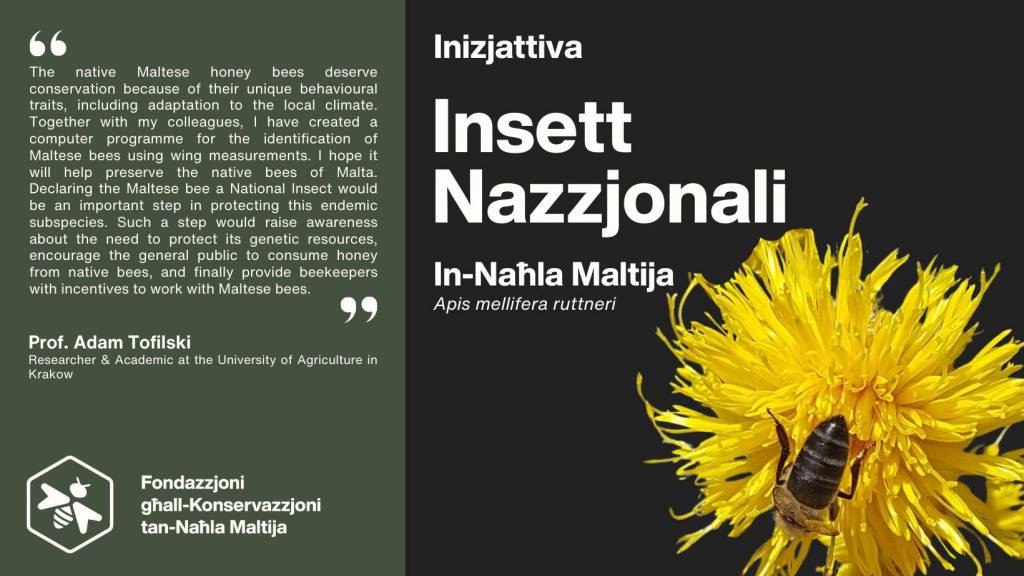
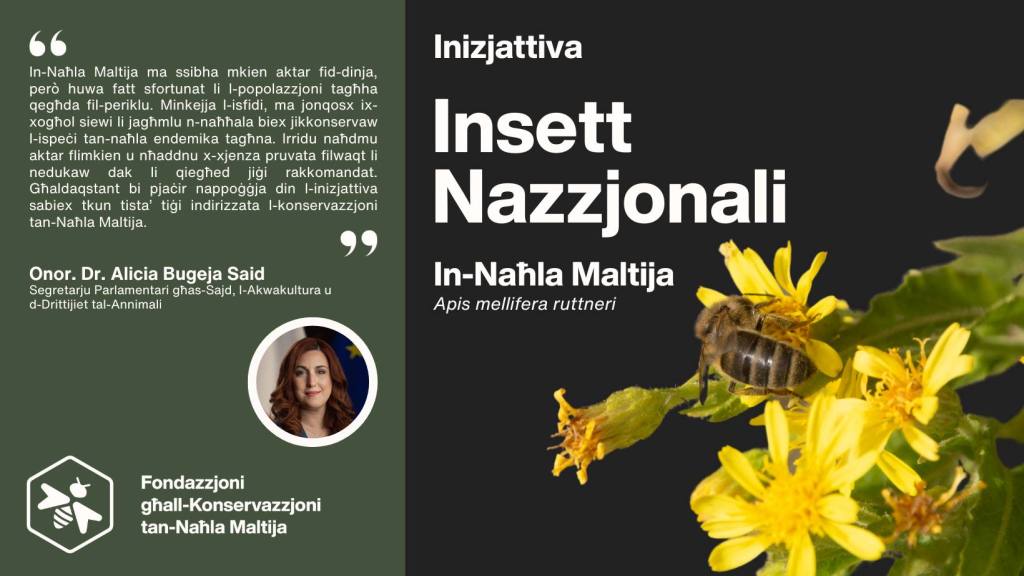
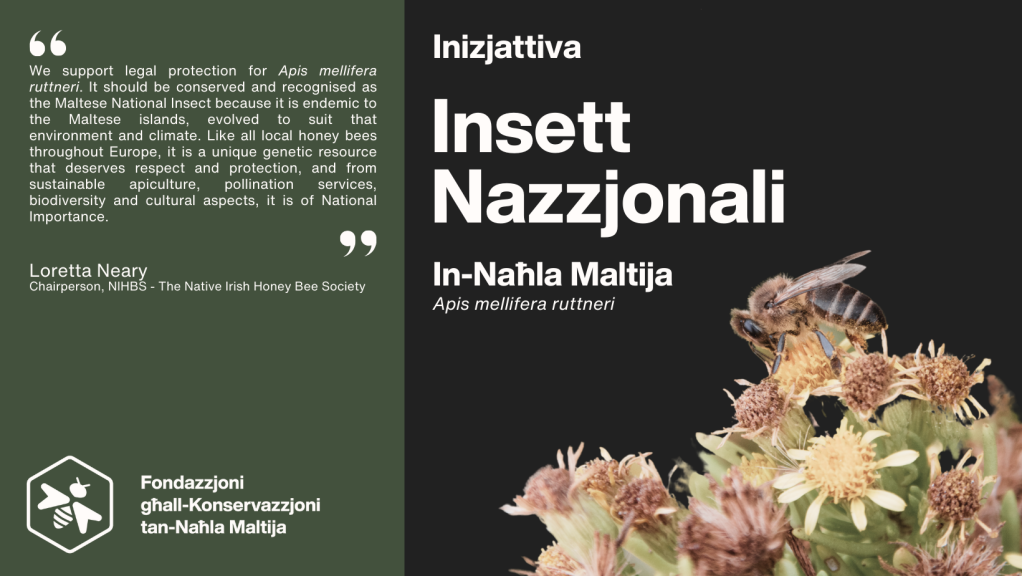
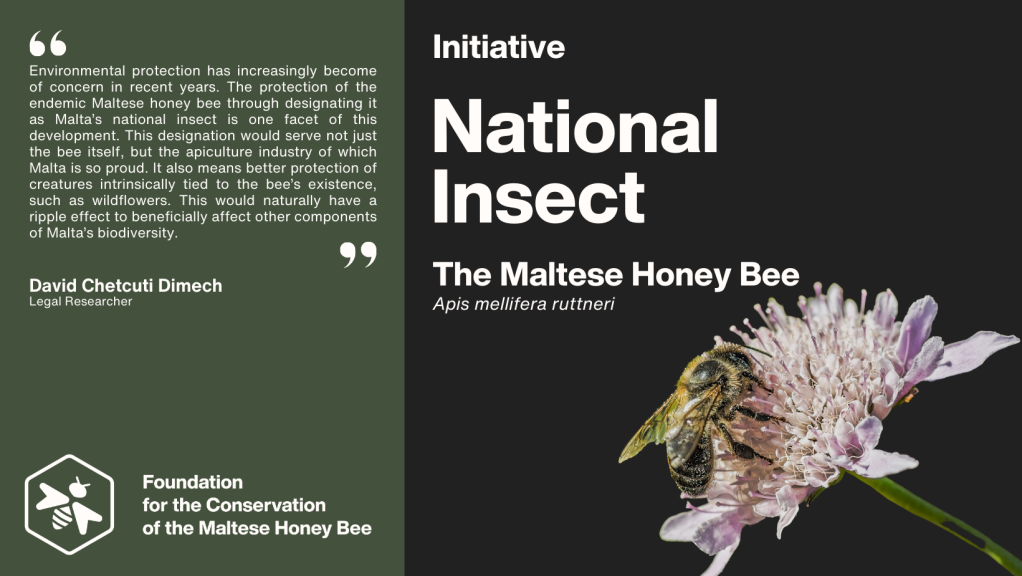
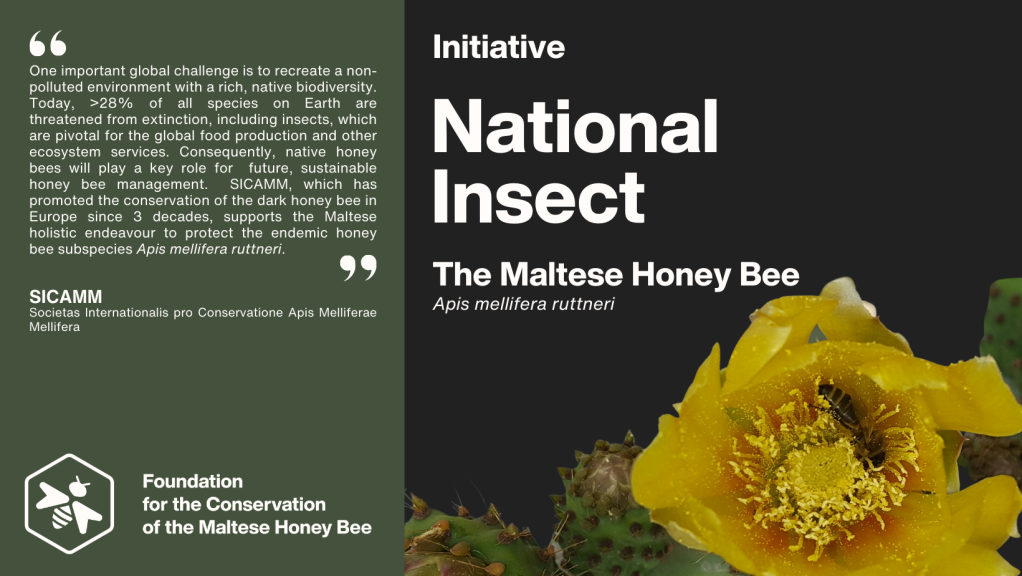
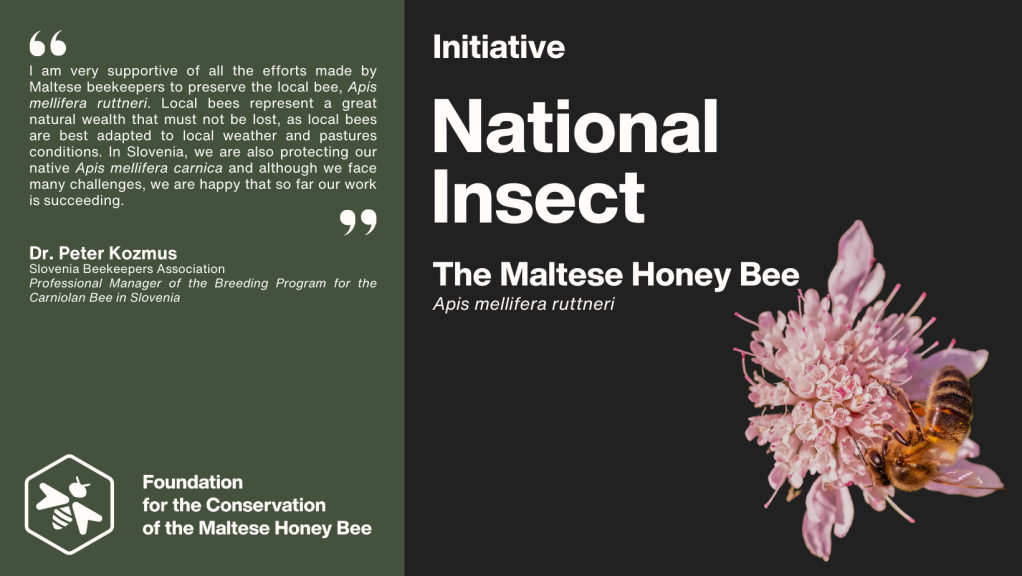




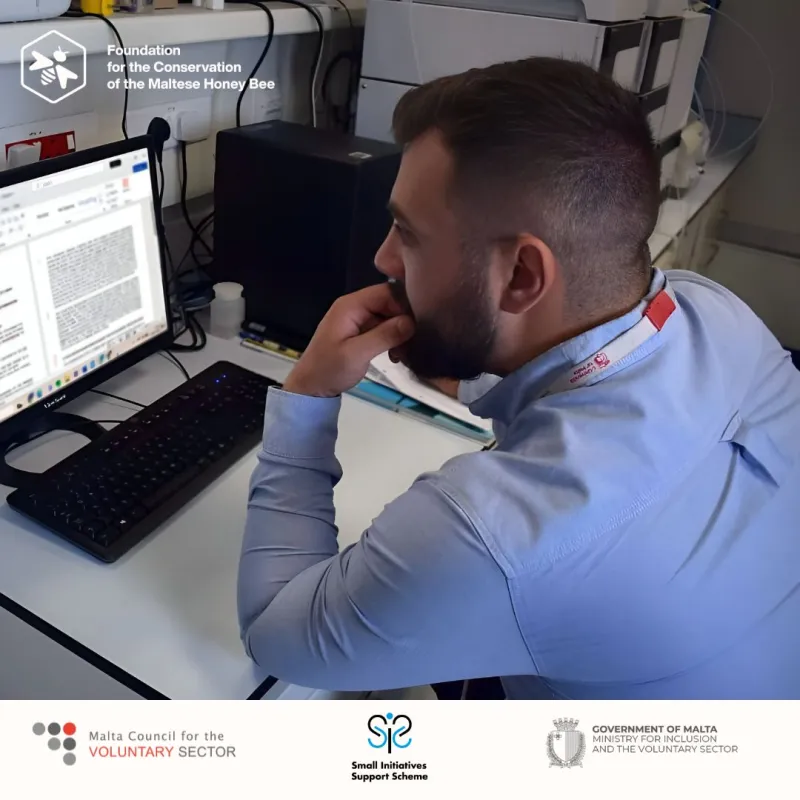



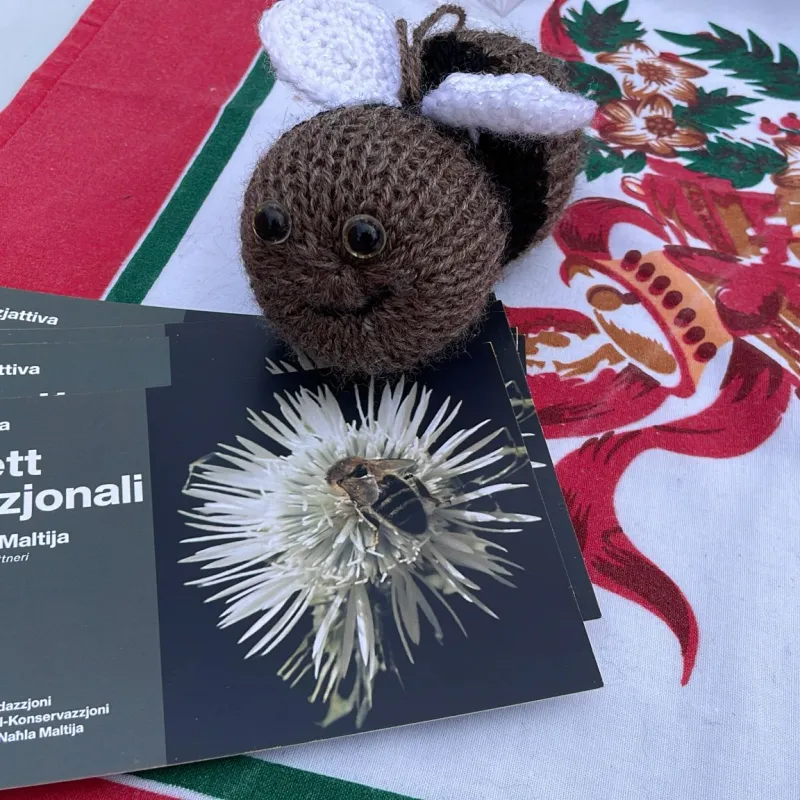
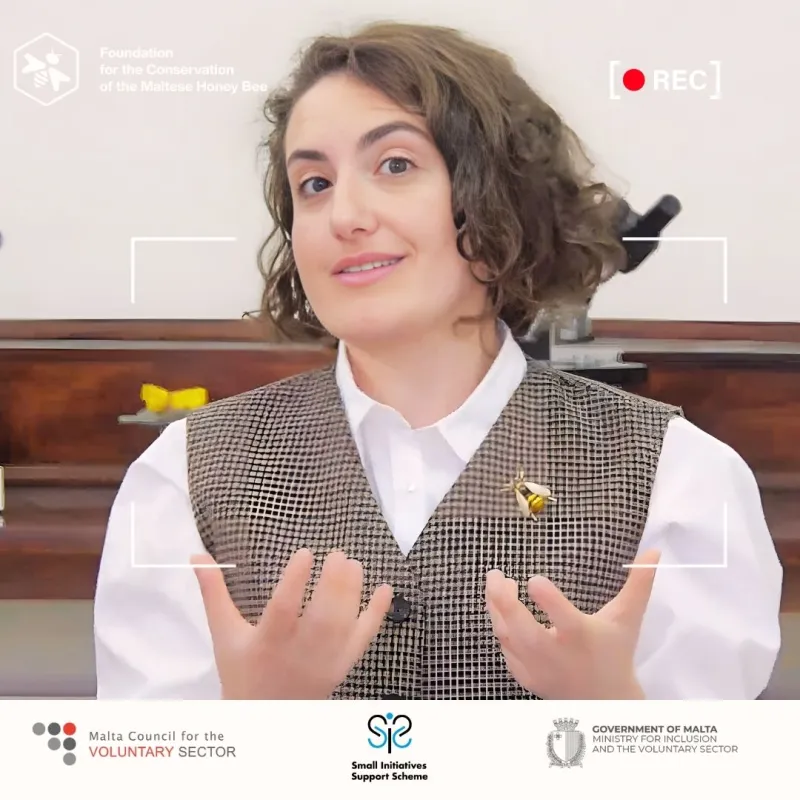
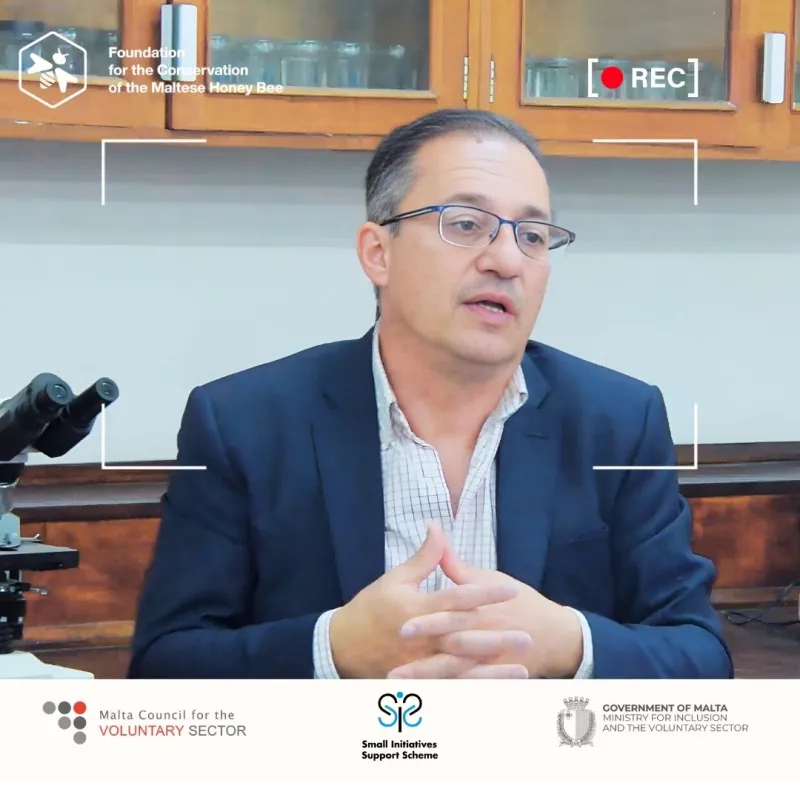
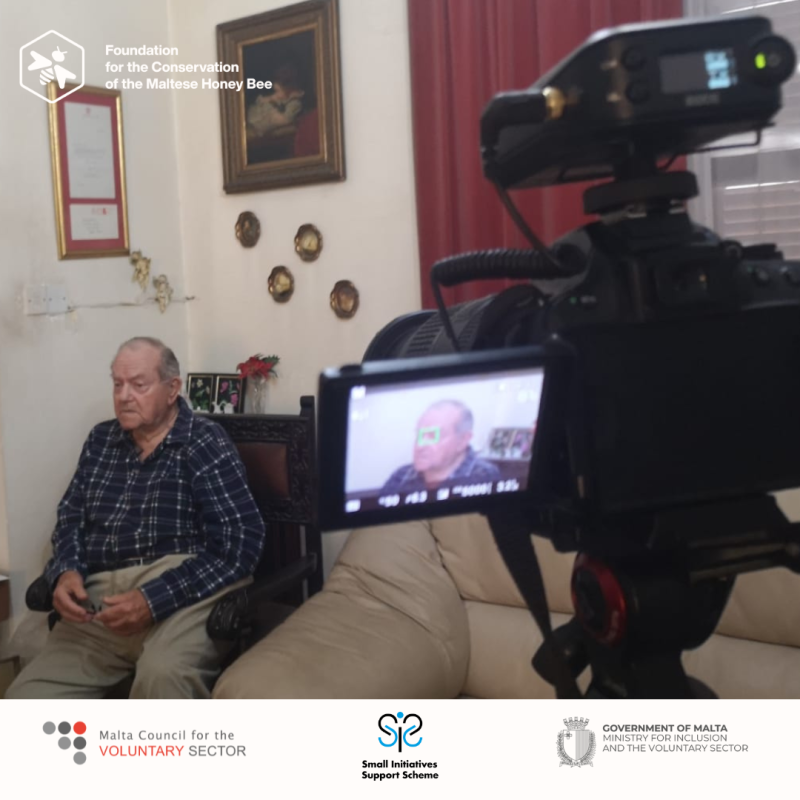
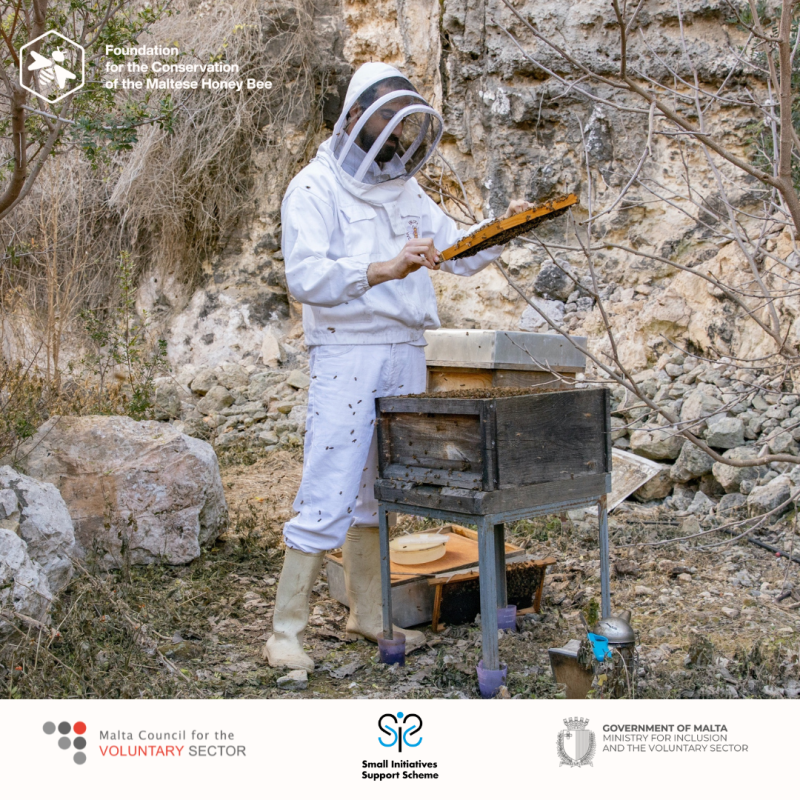
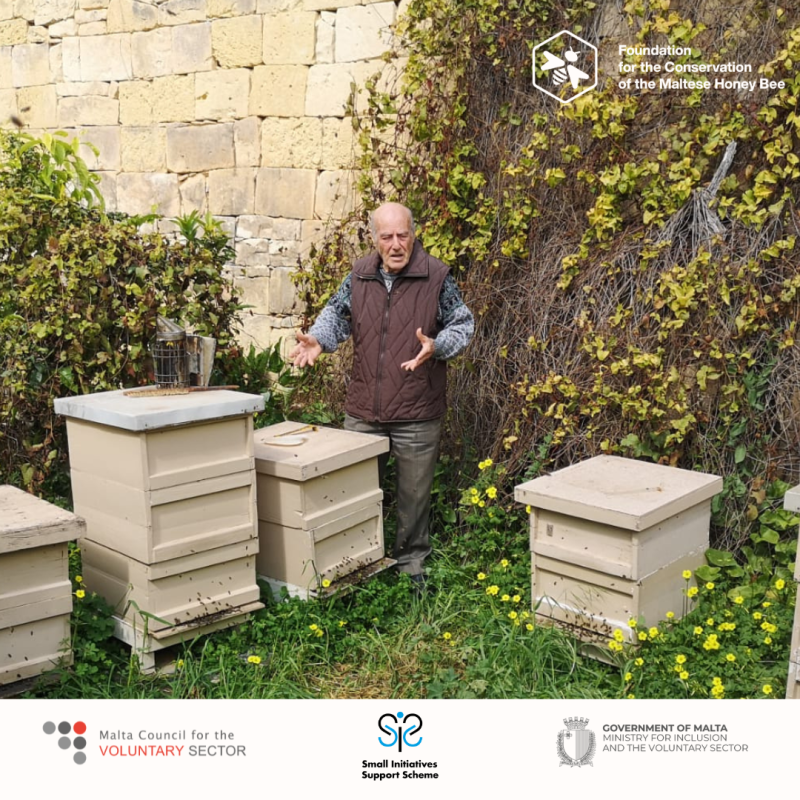
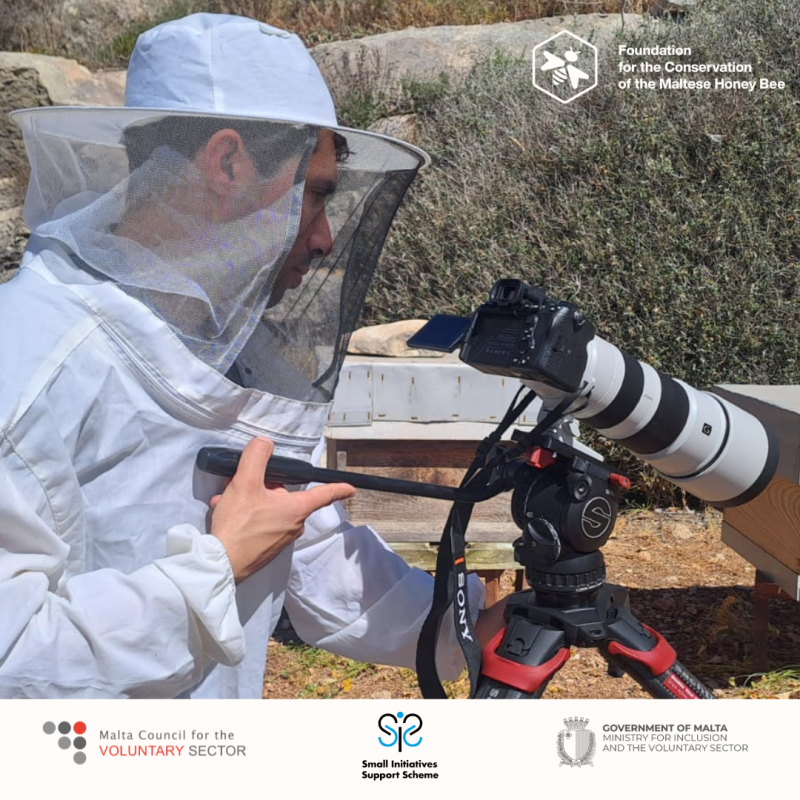

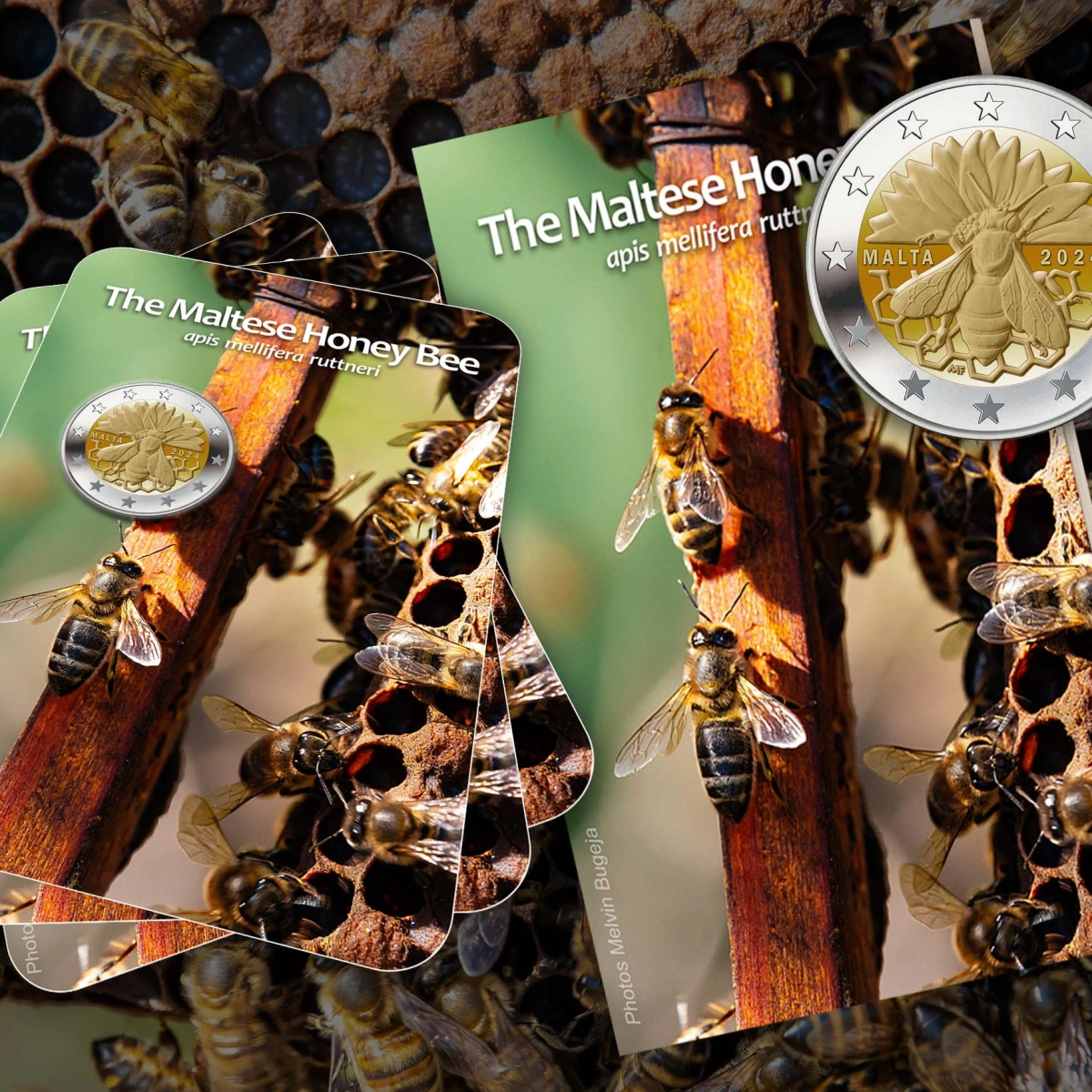
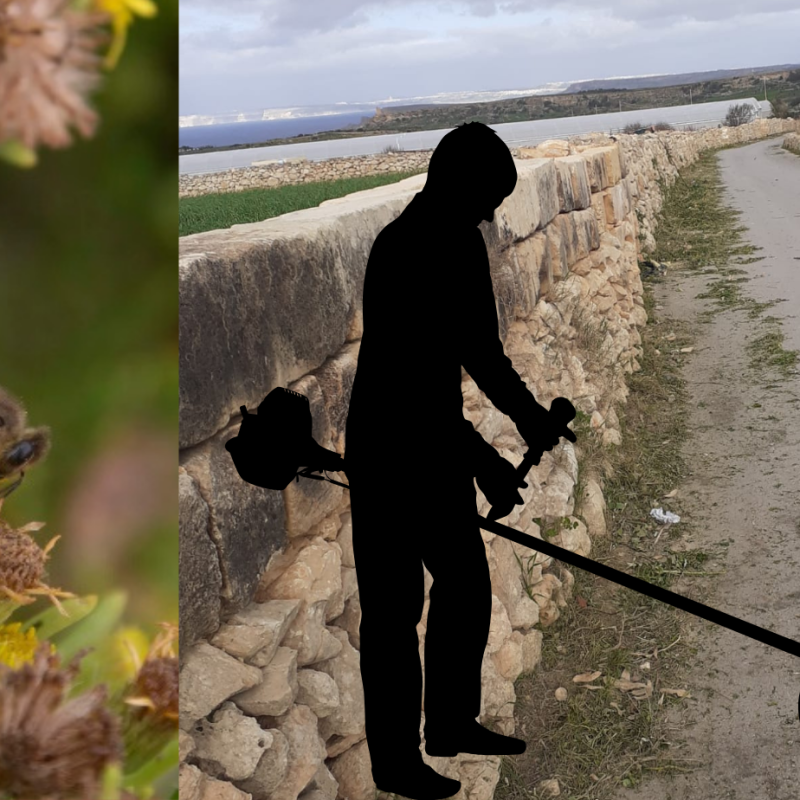
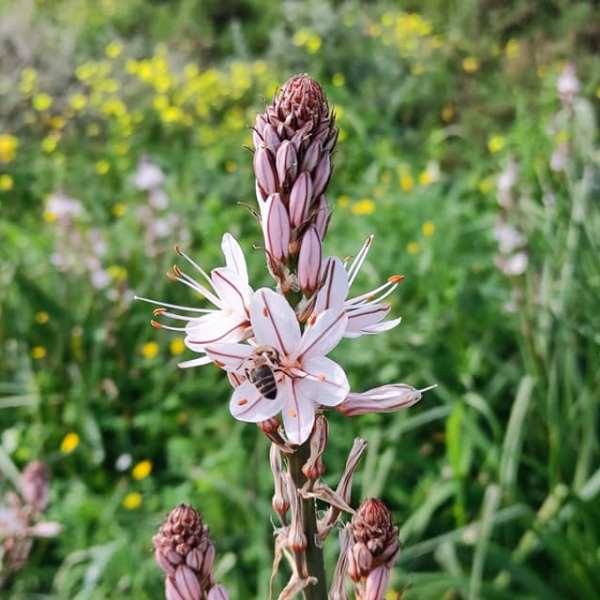

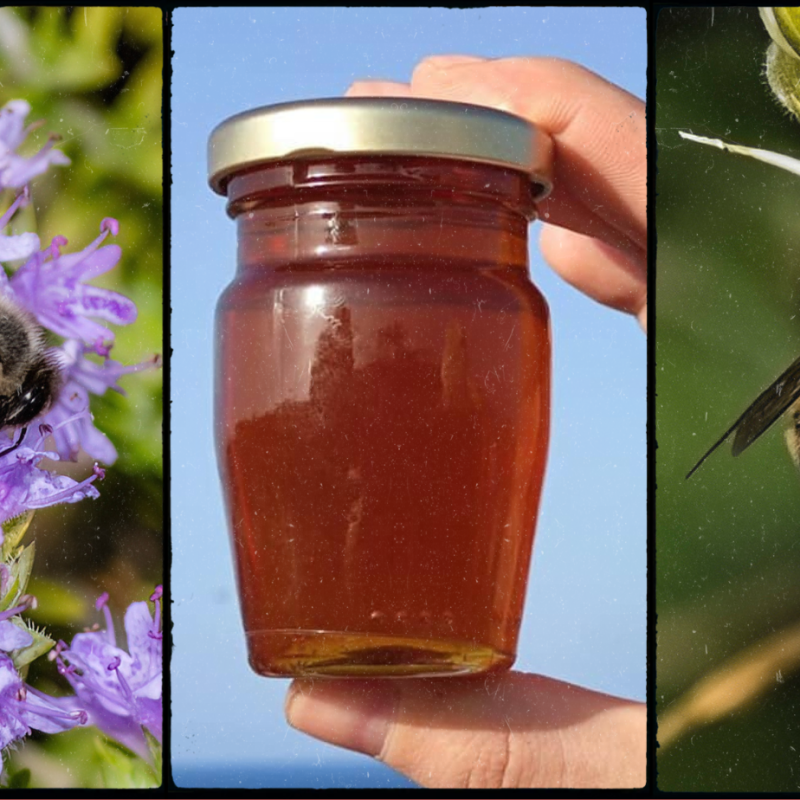
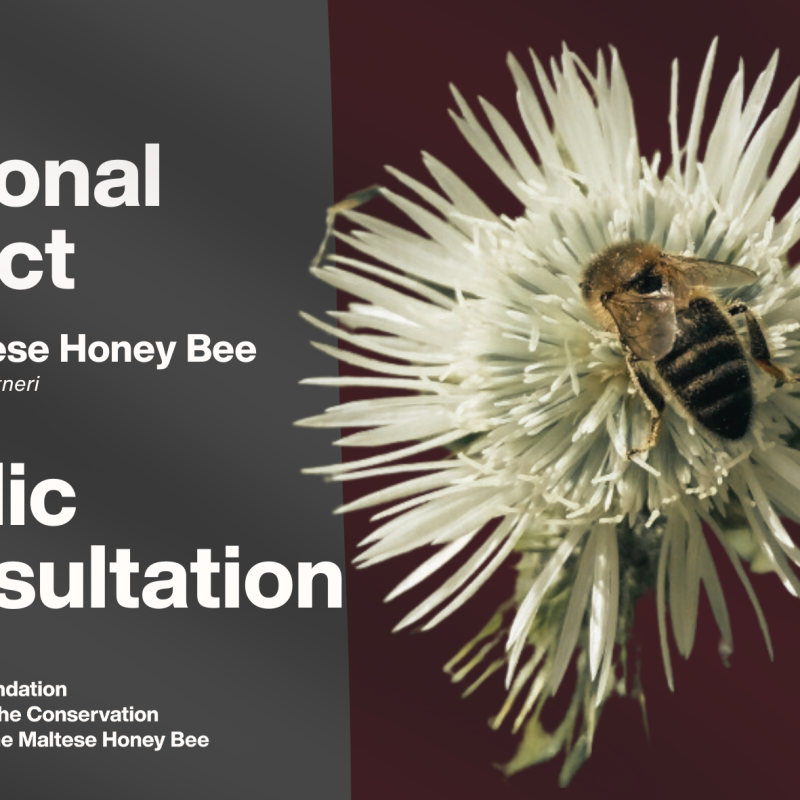
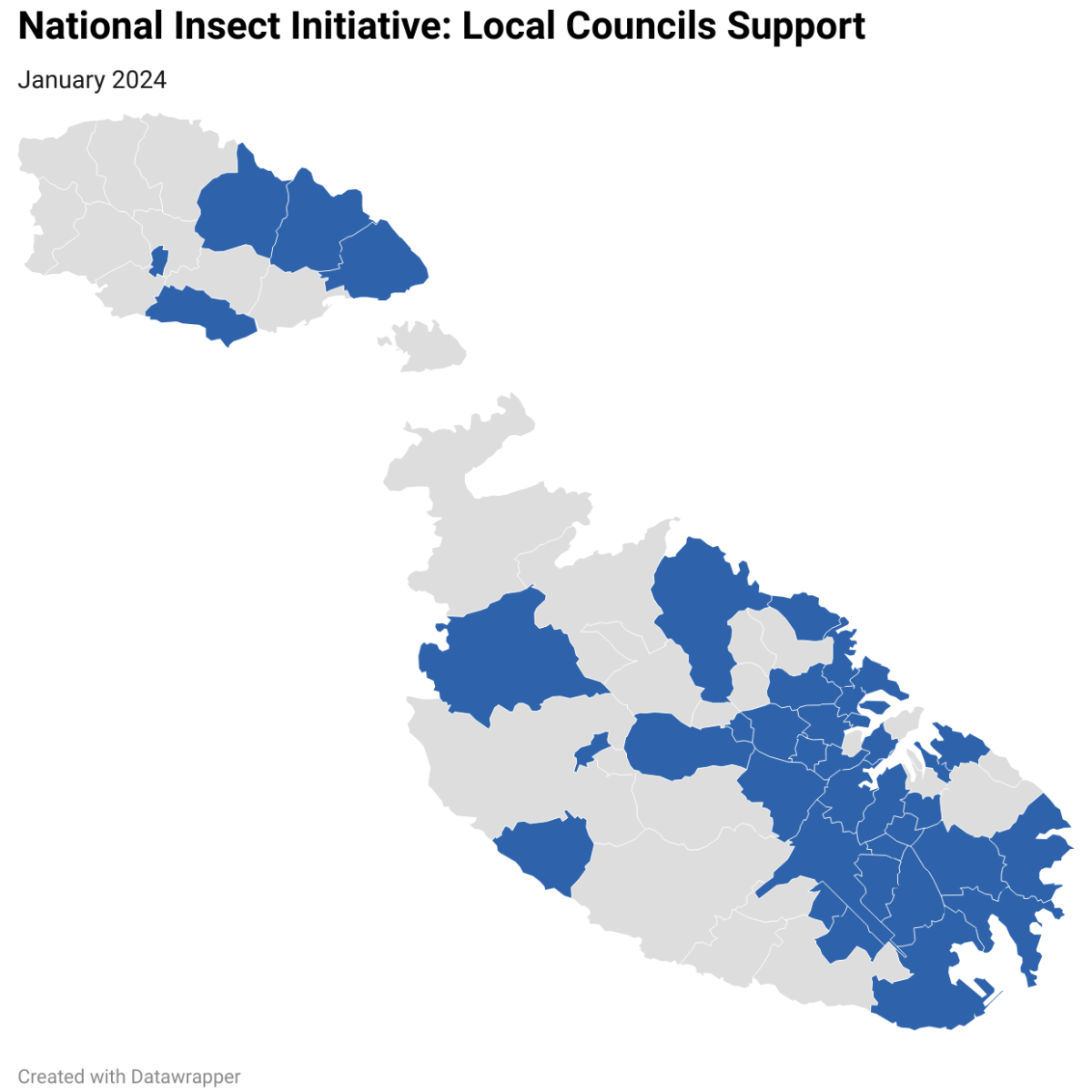
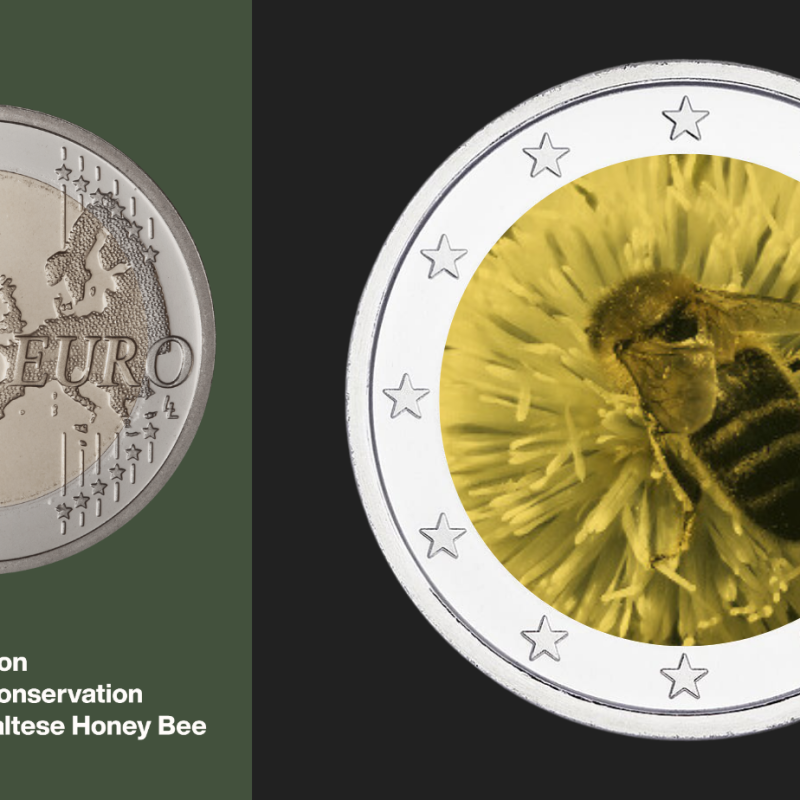
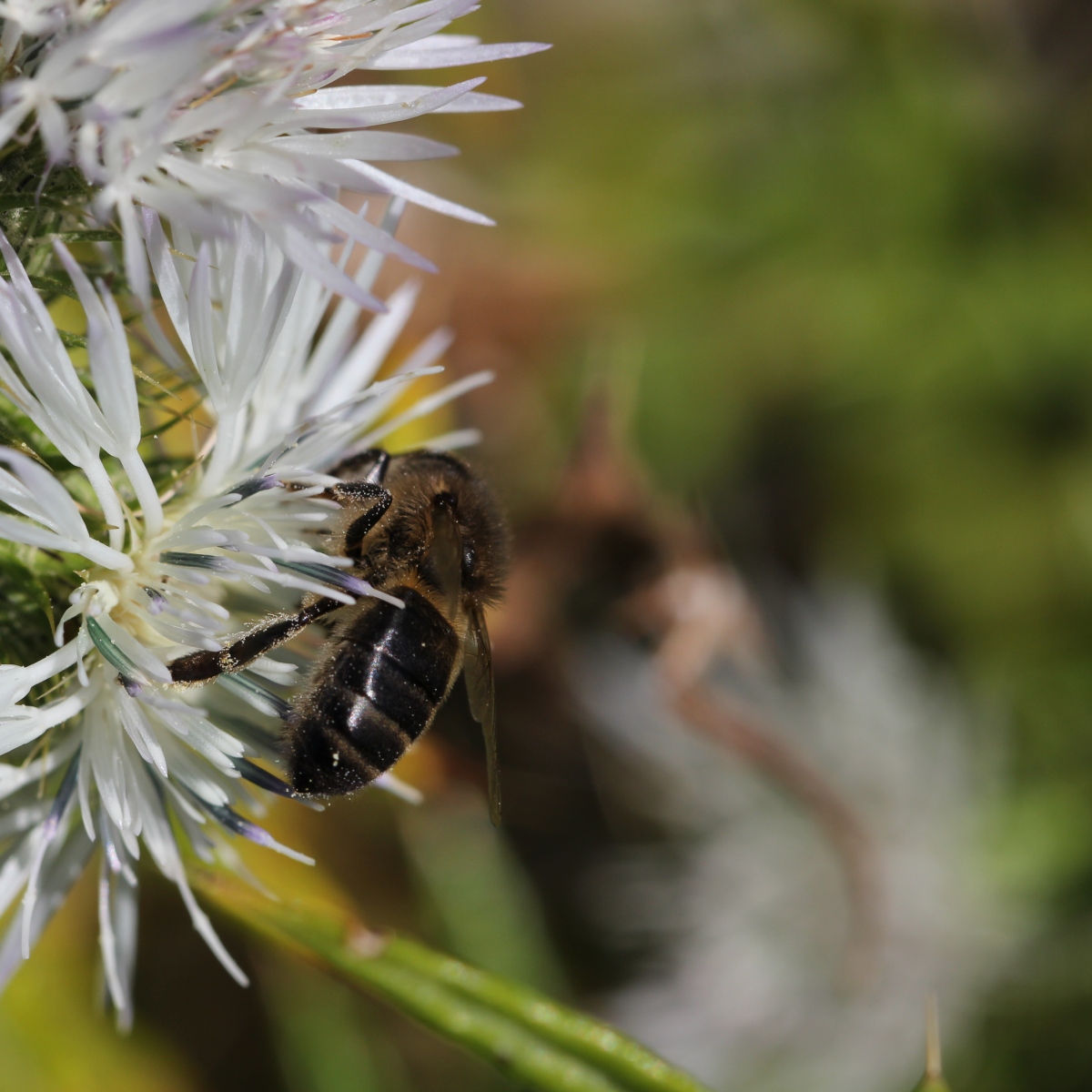
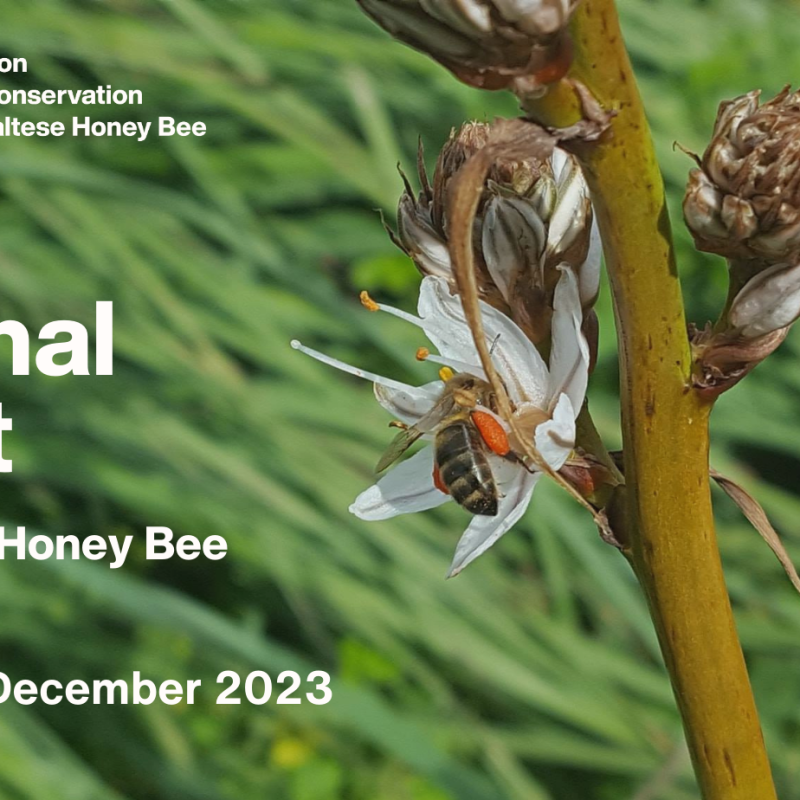
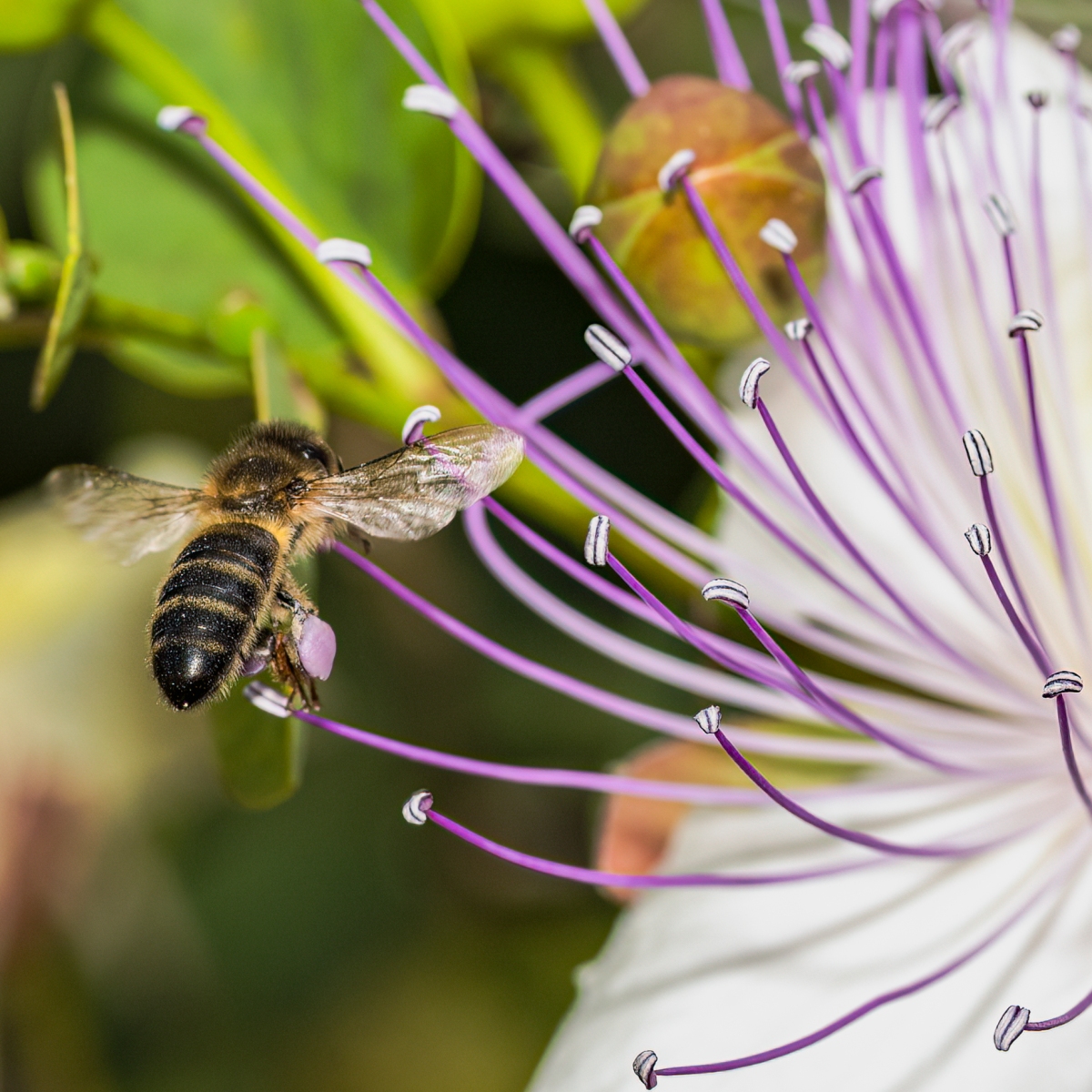
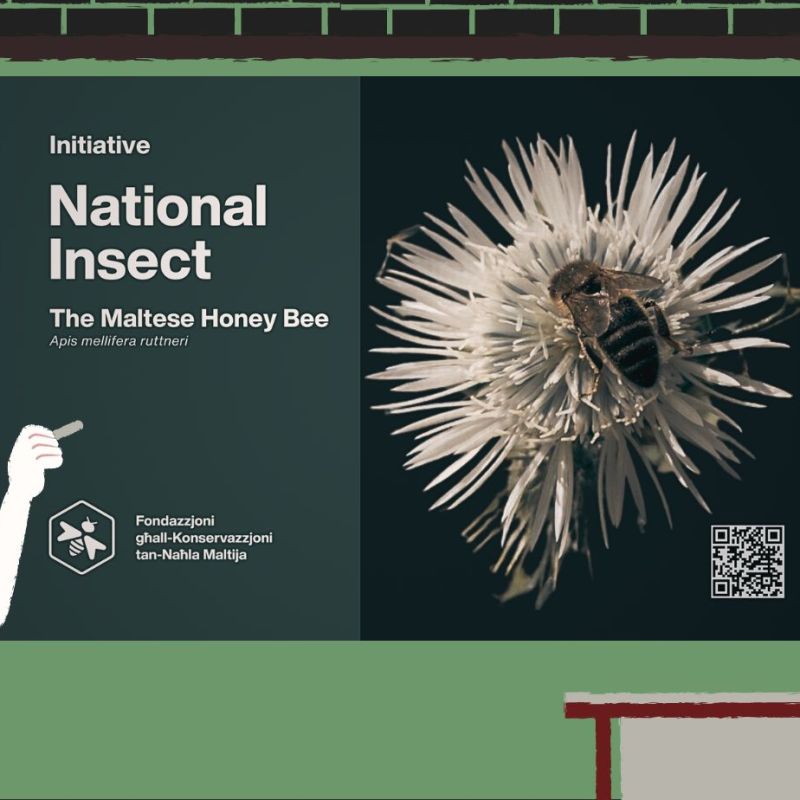
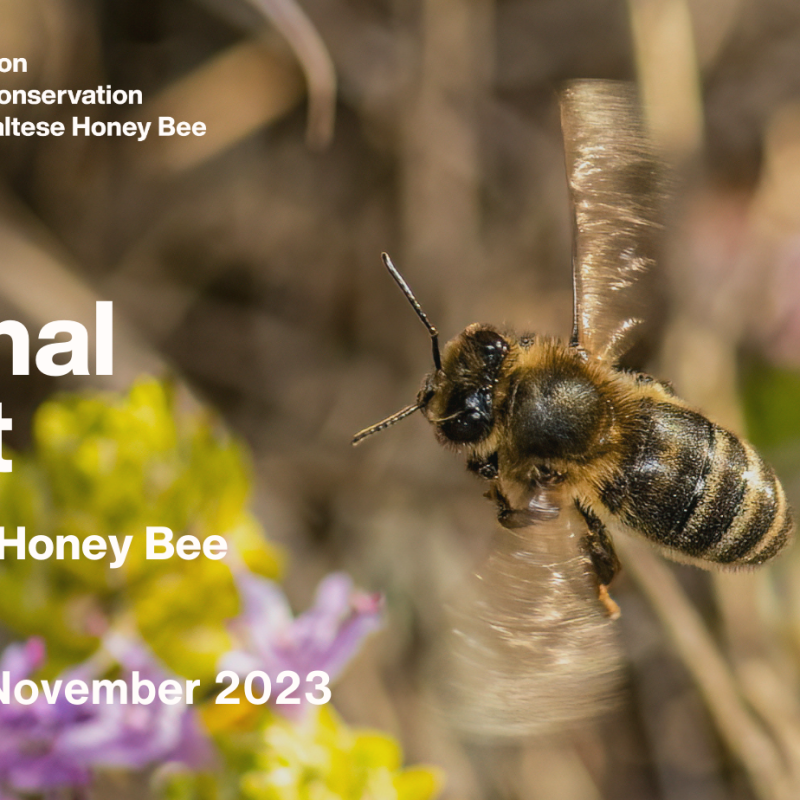
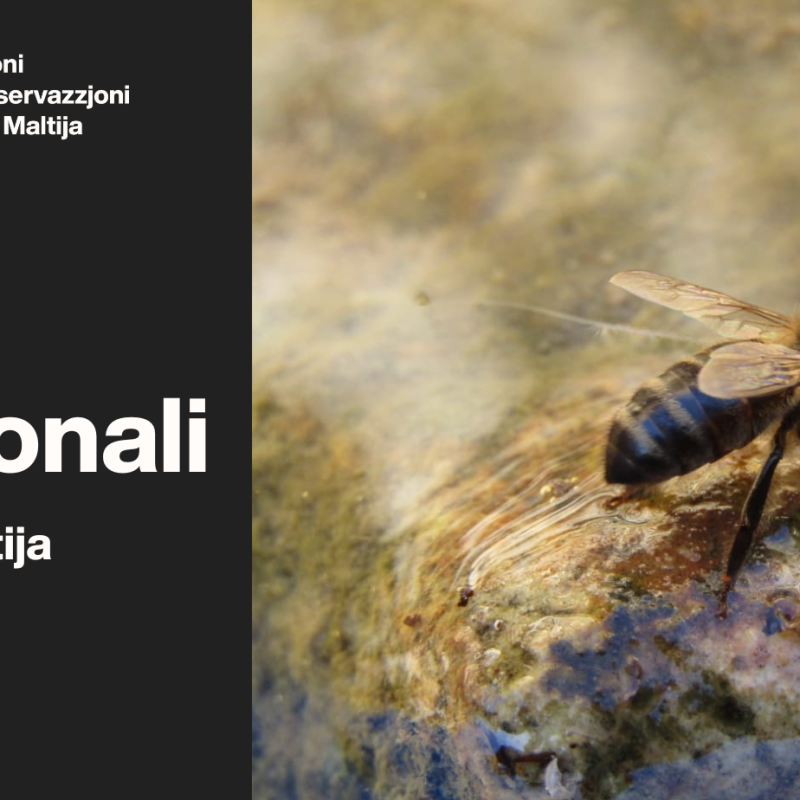
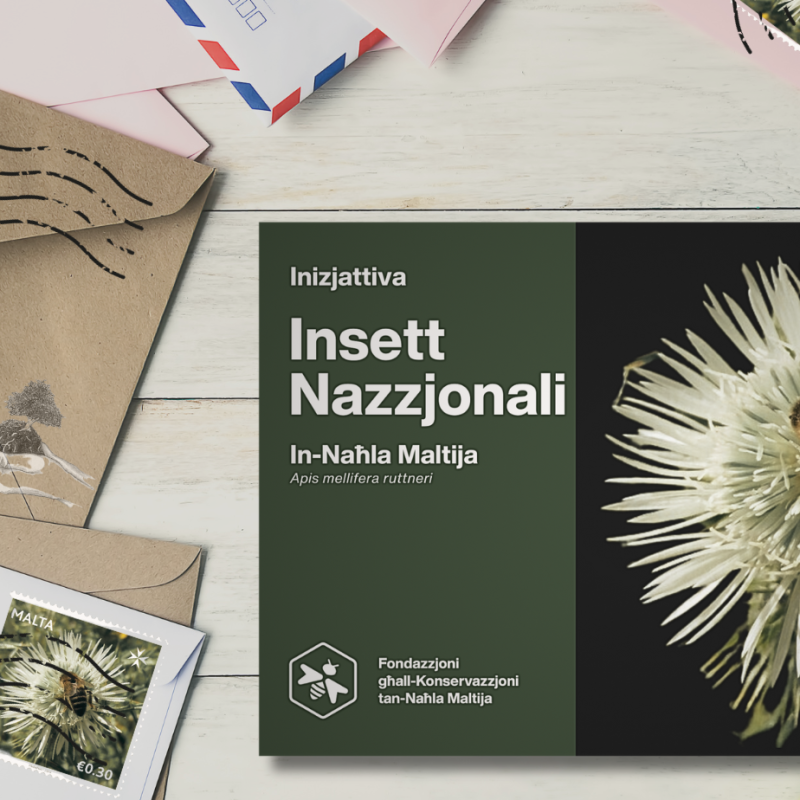
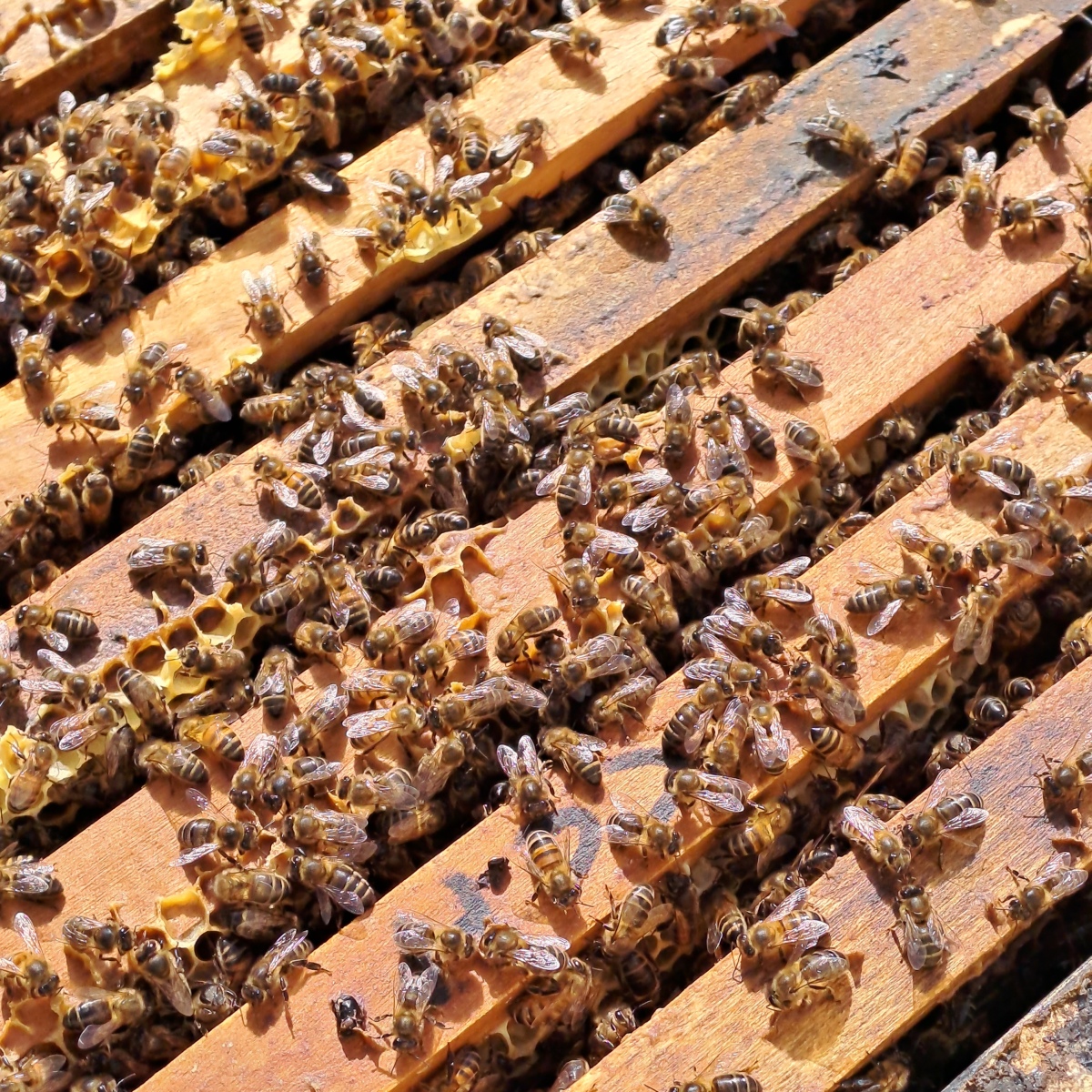
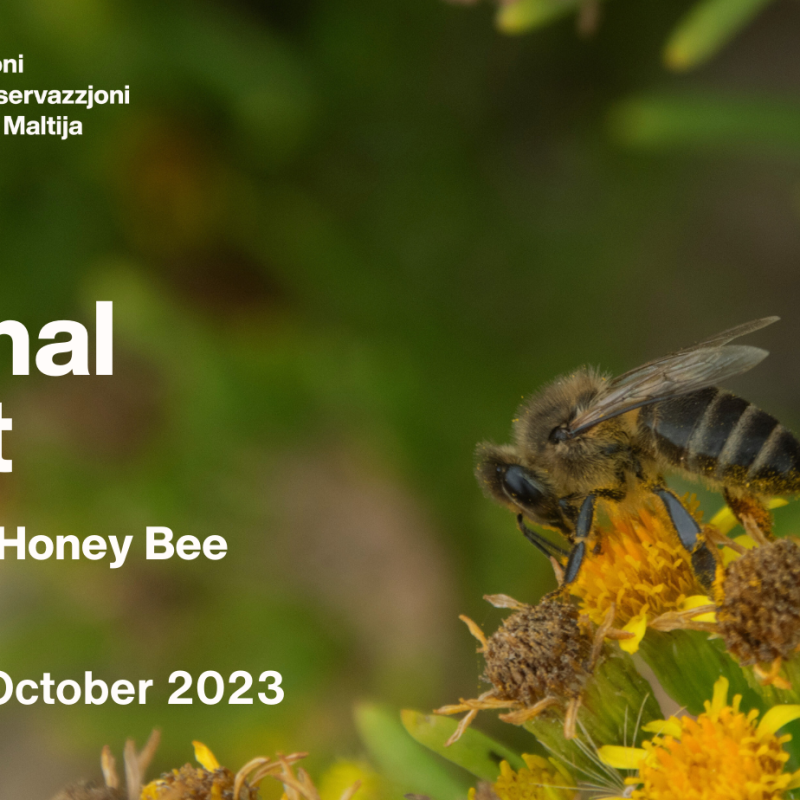
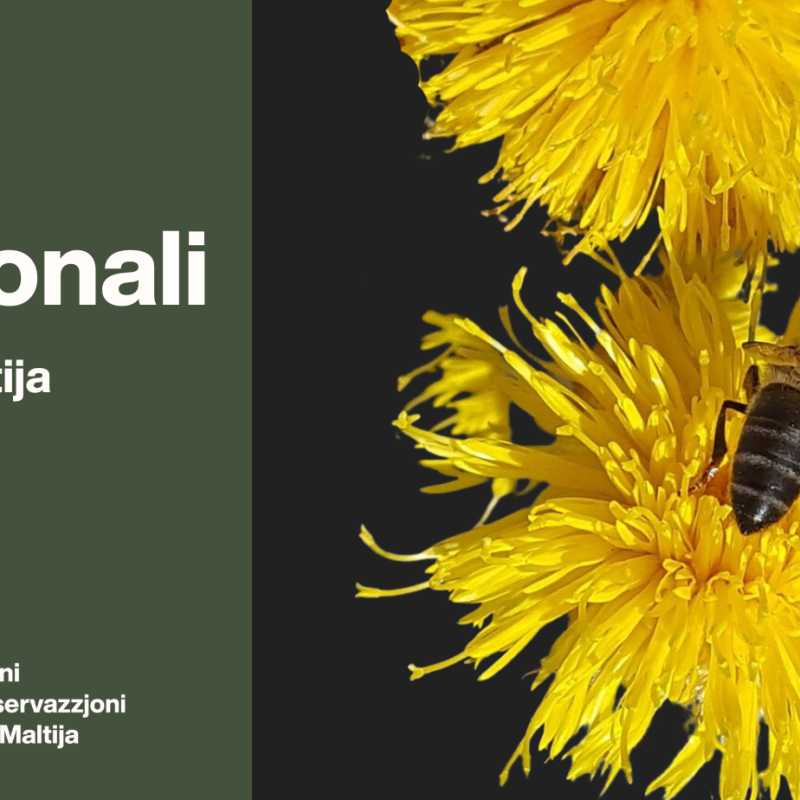
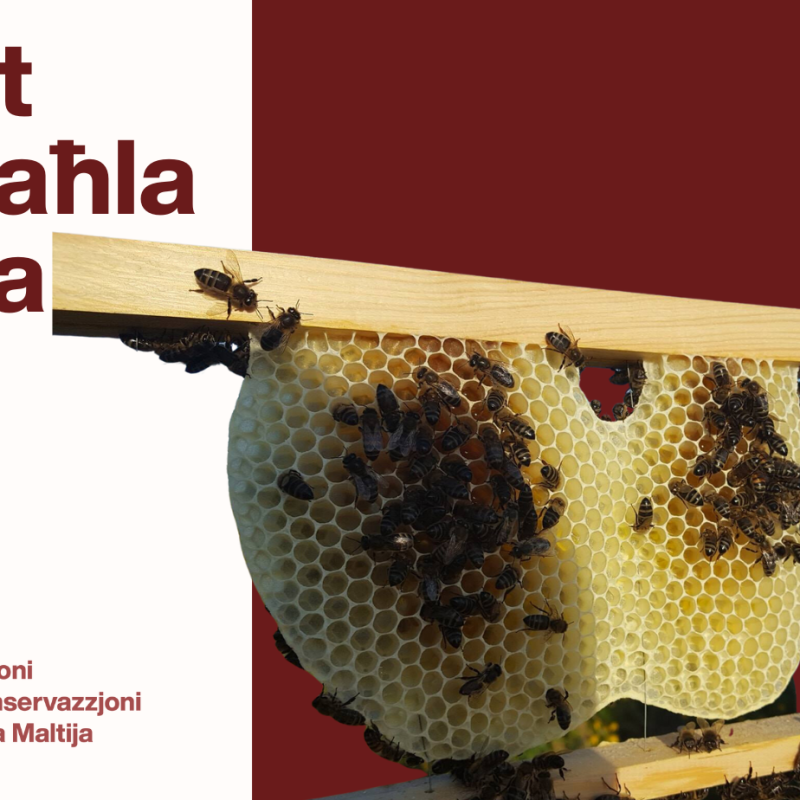
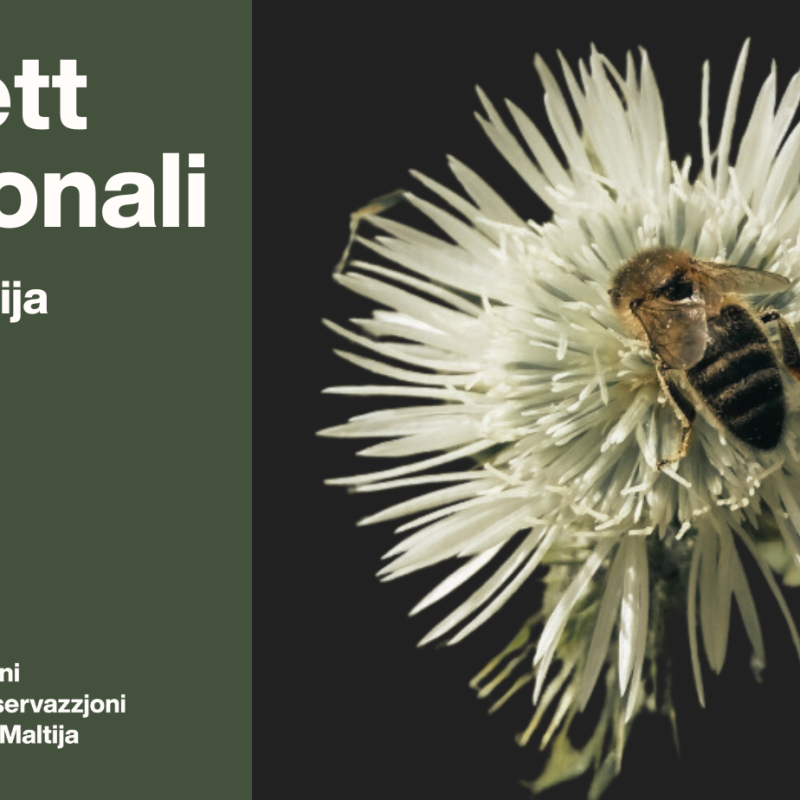
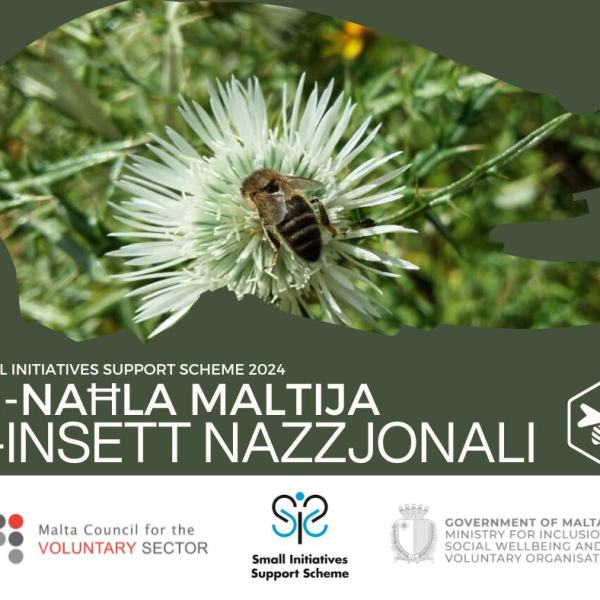
Leave a comment